Investigations urged, massacre of K. Serbs remembered
Government officials today attended the 12th anniversary of the killing of 14 Serb farmers in the village of Staro Gracko in Kosovo.
Saturday, 23.07.2011.
17:05

Government officials today attended the 12th anniversary of the killing of 14 Serb farmers in the village of Staro Gracko in Kosovo. They said that those responsible for this massacre and other crimes in Kosovo must be brought to justice. Investigations urged, massacre of K. Serbs remembered Assistant Serbian Minister for Kosovo Dragan Petkovic told Tanjug it was disappointing that the perpetrators had not been caught even 12 years after the crime. The Serbian government feels that the responsibility lies on all those in charge of Kosovo's security and those tasked with running the investigation on this and other similar crimes, Petkovic stated. He mentioned other serious crimes committed in Kosovo, like the attack on children in Gorazdevac and bus bombing near Podujevo, adding that Serbia wanted those crimes investigated and the culprits brought to justice. Head of the Serbian government Missing Persons Commission Veljko Odalovic said those who were supposed to solve this and other crimes in Kosovo were "doing nothing". The crimes committed all over Kosovo, with the one in Staro Gracko being among the most monstrous, must not go unpunished and the criminals must be brought to justice and convicted for the sake of the future, Odalovic remarked. 14 Serbs were murdered while harvesting their fields in this village 12 years ago, after the arrival of international, NATO-led forces in the province, in the wake of the war over Kosovo. The victims were Slobodan, Mile, Novica and Momir Janicijevic, Andrija Odalovic, Jovica and Rade Zivic, Stanimir and Bosko Djekic, Sasa and Ljubisa Cvejic, Nikola Stojanovic, Miodrag Tepsic, and Milovan Jovanovic. The cemetery where they were laid to rest was targeted by unknown vandals, who destroyed tombstones and broke wooden crosses. Their families and friends rarely visit the graves, in fear for their safety. To this day, there have been no indictments and no court cases against the killers. Odalovic noted that the crime "lay on the conscience of the entire Albanian people, and was their responsibility", as well as of those who represent themselves as "some kind of leaders, making some kind of quasi-state (in Kosovo)". "They must speak up about these crimes, they must prosecute those responsible," he stated. Serbia must continue remembering those who died, but also look for those who are missing, he noted. There are 1,808 Kosovo residents missing at the moment, 521 of them Serbs and other ethnic non-Albanians, Odalovic added. After so many years, the Serb side still does not enjoy the "full support of the international community" to find those guilty, Odalovic explained, and said that for this reason, the process of looking for the killers was slow and difficult, while the ethnic Albanian side "shows no support or readiness to cooperate". But Odalovic was also hopeful that after a new investigation, one of the commanders of the ethnic Albanian KLA, Ramush Haradinaj, will be held responsible for the murder of some 40 victims whose remains were found in Lake Radonjicko and for other crimes, but also Fatmir Limaj, who was a minister in the Kosovo Albanian government in Pristina, and who is blamed for war crimes committed in the village of Klecka, where the remains of seven victims were found last year - two of them police officers. Odalovic also addressed the case of kidnapped Kosovo Serbs, whose body parts were taken by KLA members to be sold in the black market, by saying that Serbia will continue to insist on an independent investigation. He warned of "a very dangerous fallacy" where these victims were being represented as victims of ordinary criminal trade in human organs, and said the case was in fact "a crime against the Serb population, along which the other (type) of crime occurred". This government official also blamed the international community - "because people were driven out of their homes, kidnapped, taken away, and then had their organs removed" during two mandates of international missions in the province. "The kidnappers who committed the crime, but also those who gave them orders and who traded in the organs of those kidnapped must all be held responsible", Odalovic said, and mentioned the Council of Europe Rapporteur Dick Marty's report, "according to which the road of this investigation leads toward (Kosovo PM) Hashim Thaci". "If investigations and processes into the crime of the trade in organs of kidnapped Serbs were to be brought to an end, the mask would be removed from the entire top of the KLA and its fight," Odalovic believes. According to him, resolutions passed by the Parliamentary Assembly of the Council of Europe and the OSCE both confirm "general support for an independent investigation into the trade in organs of the kidnapped and missing Serbs in Kosovo and Metohija and in Albania, but unfortunately, there are attempts to reroute the investigation". "Those who are aware of their own responsibility are trying to form an investigative team made up of representatives of those countries which held the five security zones in Kosovo (after the war), and those are: the United States, Germany, Britain, France and Italy," Odalovic listed. Noting that UNMIK in 2002 and 2003 entered a correspondence with the Hague Tribunal, yet ended up doing nothing, he concluded that for all those reasons, an independent investigation under the auspices of the UN was now in order. Odalovic also said that works were underway in Belacevac and Zilivode which will soon reach the depth of 27 meters, where the bodies of 25 murdered Serbs and other non-Albanians are believed to be buried. "Although we received information that there were no remains found in Lake Livocko, we will send our request once again to have it searched in detail," he explained, and added that search for bodies will start in Suva Reka next Tuesday, while the Kosare location will be searched in August for the remains of soldiers of the Yugoslav Army (VJ). Odalovic noted that Serbia met all demands of the ethnic Albanian side, exhuming 827 victims in Petrovo Selo and identifying and handing over to families 96 percent. "We searched Lake Perucac, we are ready to once again check the Rudnice location in Raska where no remains were found, as well as a location near Medvedja," he said, noting that Serbia will not turn down any request, but that it expects the same approach from the other side. Serbia will also insist to learn why a part of the documentation containing 500 DNA samples sent for analysis by Serb families was destroyed. "There are some 400 bodies in the morgue in Pristina that have awaited identification for years. Regardless of whether this is accidental or intentional removal of evidence, there must be a serious investigation into the disappearance of the DNA samples," Odalovic concluded. Veljko Odalovic (FoNet, file)
Investigations urged, massacre of K. Serbs remembered
Assistant Serbian Minister for Kosovo Dragan Petković told Tanjug it was disappointing that the perpetrators had not been caught even 12 years after the crime.The Serbian government feels that the responsibility lies on all those in charge of Kosovo's security and those tasked with running the investigation on this and other similar crimes, Petkovic stated.
He mentioned other serious crimes committed in Kosovo, like the attack on children in Goraždevac and bus bombing near Podujevo, adding that Serbia wanted those crimes investigated and the culprits brought to justice.
Head of the Serbian government Missing Persons Commission Veljko Odalović said those who were supposed to solve this and other crimes in Kosovo were "doing nothing".
The crimes committed all over Kosovo, with the one in Staro Gracko being among the most monstrous, must not go unpunished and the criminals must be brought to justice and convicted for the sake of the future, Odalović remarked.
14 Serbs were murdered while harvesting their fields in this village 12 years ago, after the arrival of international, NATO-led forces in the province, in the wake of the war over Kosovo.
The victims were Slobodan, Mile, Novica and Momir Janićijević, Andrija Odalović, Jovica and Rade Živić, Stanimir and Boško Đekić, Saša and Ljubiša Cvejić, Nikola Stojanović, Miodrag Tepšić, and Milovan Jovanović.
The cemetery where they were laid to rest was targeted by unknown vandals, who destroyed tombstones and broke wooden crosses. Their families and friends rarely visit the graves, in fear for their safety.
To this day, there have been no indictments and no court cases against the killers.
Odalović noted that the crime "lay on the conscience of the entire Albanian people, and was their responsibility", as well as of those who represent themselves as "some kind of leaders, making some kind of quasi-state (in Kosovo)".
"They must speak up about these crimes, they must prosecute those responsible," he stated.
Serbia must continue remembering those who died, but also look for those who are missing, he noted. There are 1,808 Kosovo residents missing at the moment, 521 of them Serbs and other ethnic non-Albanians, Odalović added.
After so many years, the Serb side still does not enjoy the "full support of the international community" to find those guilty, Odalović explained, and said that for this reason, the process of looking for the killers was slow and difficult, while the ethnic Albanian side "shows no support or readiness to cooperate".
But Odalović was also hopeful that after a new investigation, one of the commanders of the ethnic Albanian KLA, Ramush Haradinaj, will be held responsible for the murder of some 40 victims whose remains were found in Lake Radonjićko and for other crimes, but also Fatmir Limaj, who was a minister in the Kosovo Albanian government in Priština, and who is blamed for war crimes committed in the village of Klečka, where the remains of seven victims were found last year - two of them police officers.
Odalović also addressed the case of kidnapped Kosovo Serbs, whose body parts were taken by KLA members to be sold in the black market, by saying that Serbia will continue to insist on an independent investigation.
He warned of "a very dangerous fallacy" where these victims were being represented as victims of ordinary criminal trade in human organs, and said the case was in fact "a crime against the Serb population, along which the other (type) of crime occurred".
This government official also blamed the international community - "because people were driven out of their homes, kidnapped, taken away, and then had their organs removed" during two mandates of international missions in the province.
"The kidnappers who committed the crime, but also those who gave them orders and who traded in the organs of those kidnapped must all be held responsible", Odalović said, and mentioned the Council of Europe Rapporteur Dick Marty's report, "according to which the road of this investigation leads toward (Kosovo PM) Hashim Thaci".
"If investigations and processes into the crime of the trade in organs of kidnapped Serbs were to be brought to an end, the mask would be removed from the entire top of the KLA and its fight," Odalović believes.
According to him, resolutions passed by the Parliamentary Assembly of the Council of Europe and the OSCE both confirm "general support for an independent investigation into the trade in organs of the kidnapped and missing Serbs in Kosovo and Metohija and in Albania, but unfortunately, there are attempts to reroute the investigation".
"Those who are aware of their own responsibility are trying to form an investigative team made up of representatives of those countries which held the five security zones in Kosovo (after the war), and those are: the United States, Germany, Britain, France and Italy," Odalović listed.
Noting that UNMIK in 2002 and 2003 entered a correspondence with the Hague Tribunal, yet ended up doing nothing, he concluded that for all those reasons, an independent investigation under the auspices of the UN was now in order.
Odalović also said that works were underway in Belaćevac and Žilivode which will soon reach the depth of 27 meters, where the bodies of 25 murdered Serbs and other non-Albanians are believed to be buried.
"Although we received information that there were no remains found in Lake Livočko, we will send our request once again to have it searched in detail," he explained, and added that search for bodies will start in Suva Reka next Tuesday, while the Košare location will be searched in August for the remains of soldiers of the Yugoslav Army (VJ).
Odalović noted that Serbia met all demands of the ethnic Albanian side, exhuming 827 victims in Petrovo Selo and identifying and handing over to families 96 percent.
"We searched Lake Perućac, we are ready to once again check the Rudnice location in Raška where no remains were found, as well as a location near Medveđa," he said, noting that Serbia will not turn down any request, but that it expects the same approach from the other side.
Serbia will also insist to learn why a part of the documentation containing 500 DNA samples sent for analysis by Serb families was destroyed.
"There are some 400 bodies in the morgue in Priština that have awaited identification for years. Regardless of whether this is accidental or intentional removal of evidence, there must be a serious investigation into the disappearance of the DNA samples," Odalović concluded.












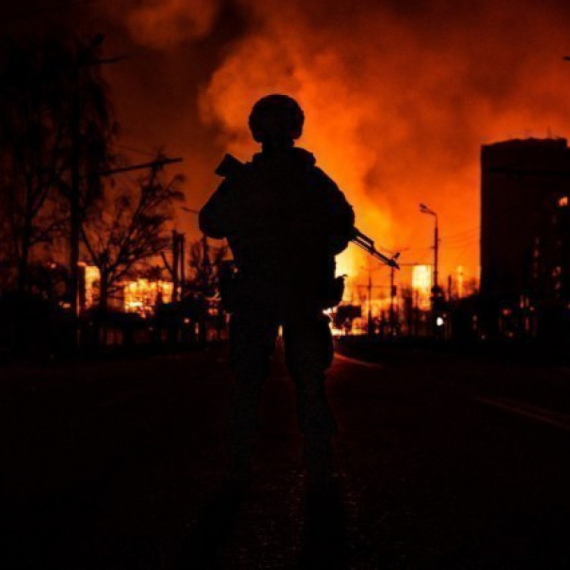
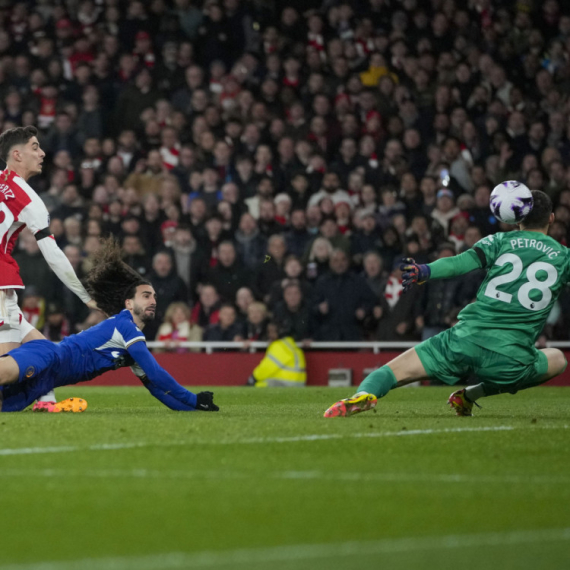
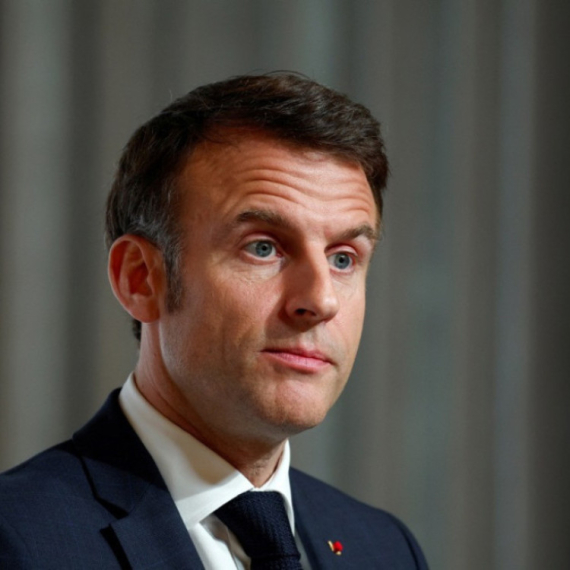
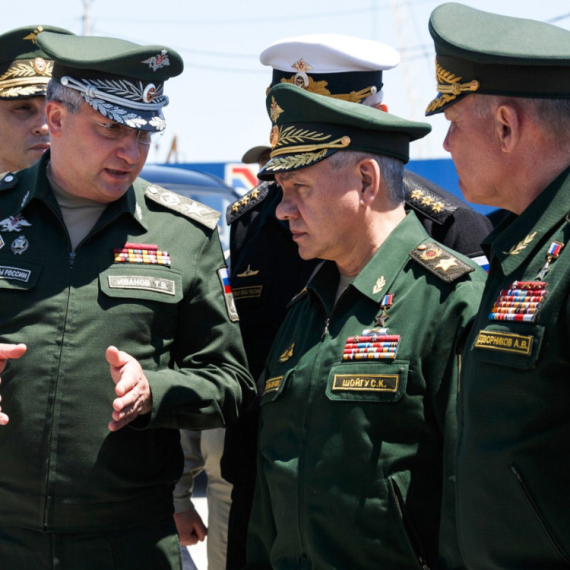
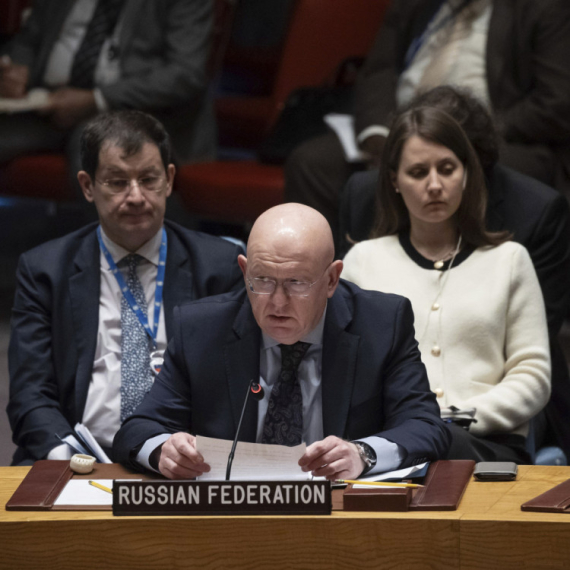


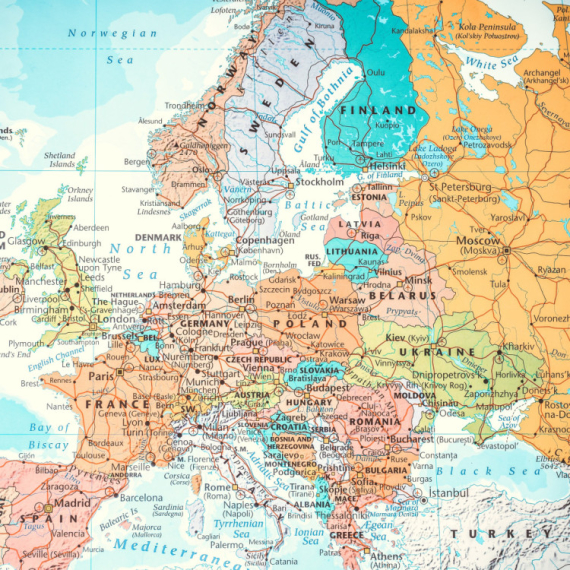

































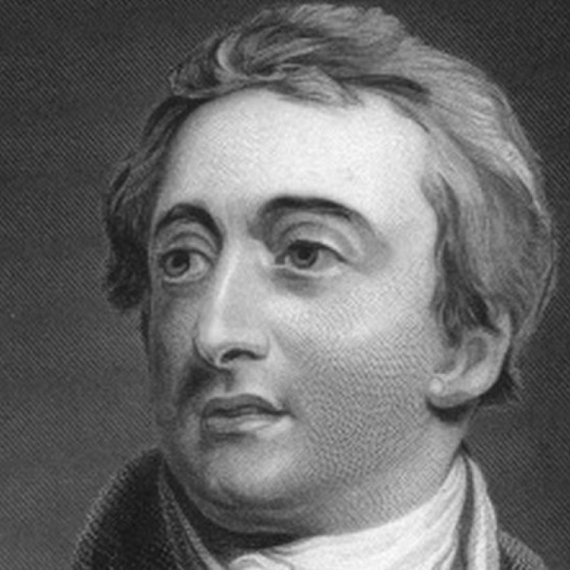
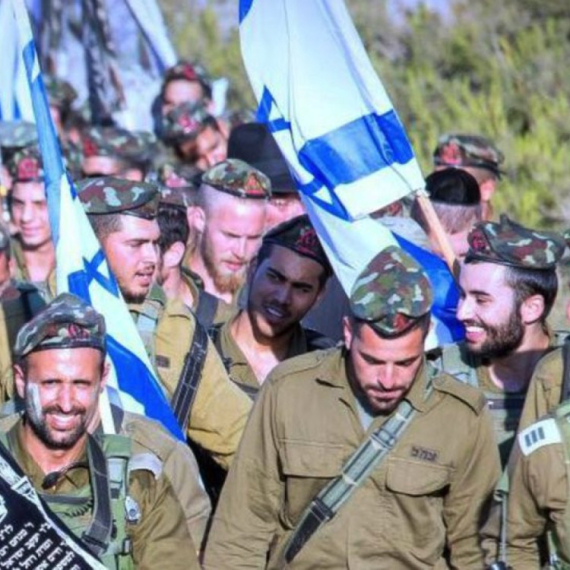




Komentari 5
Pogledaj komentare